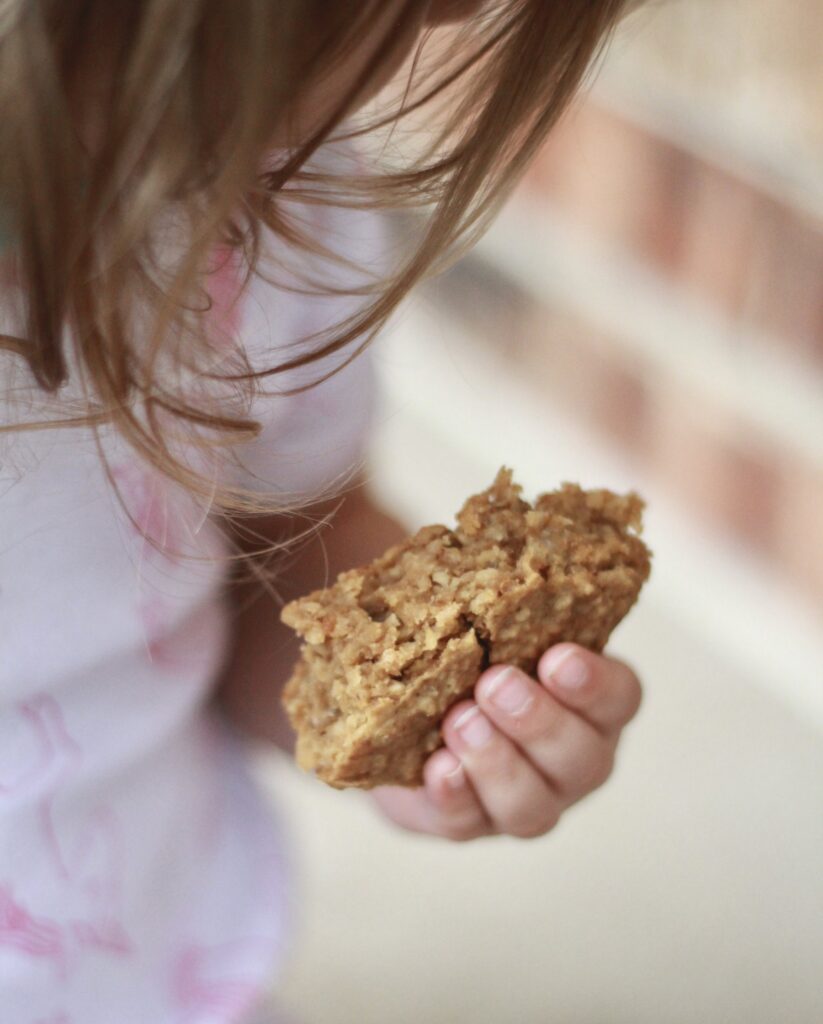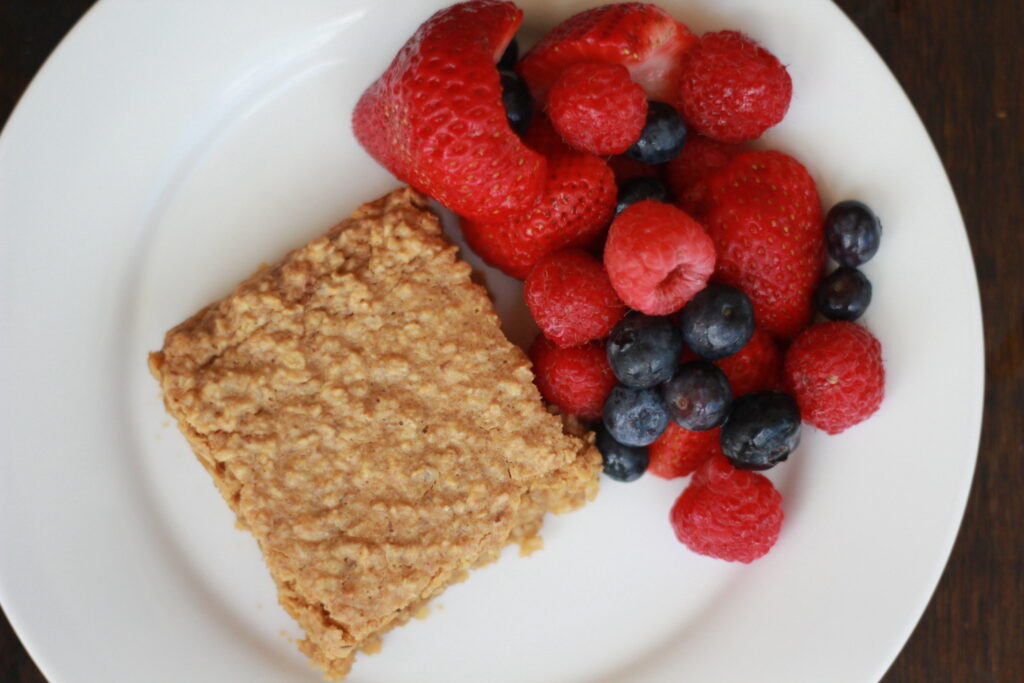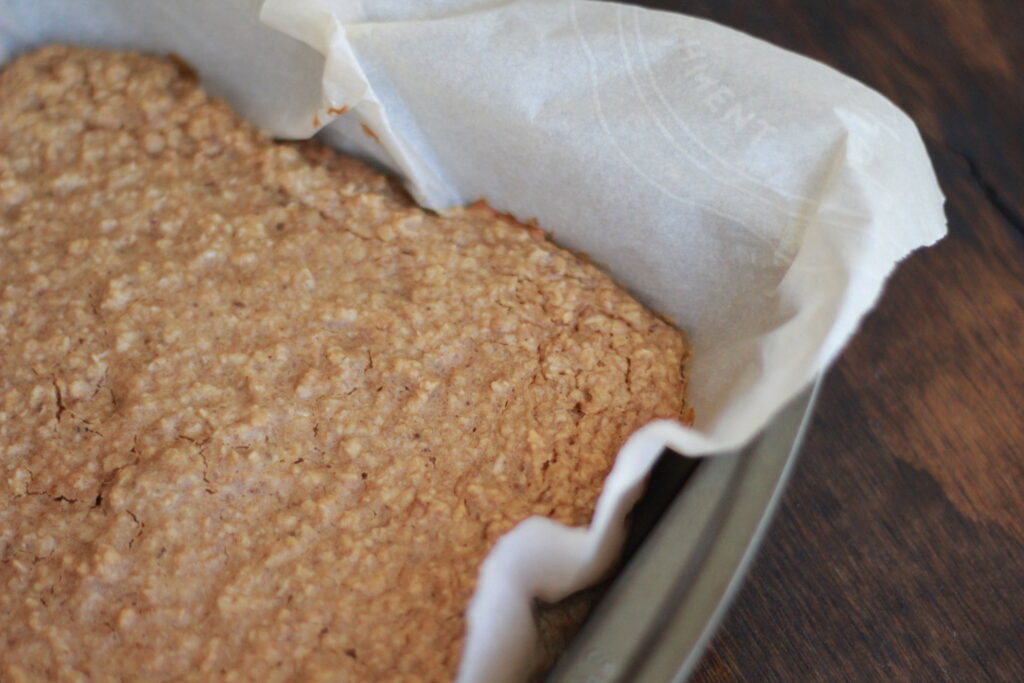Podcast Features
What do you want to learn more about?
Mentorship Program, 1:1 Nutrition Coaching with Alison
The Wholesome Journey - Group Nutrition Coaching Program
May 23, 2019
Alison Tierney, MS, RD, CD, CSO
Alison is a registered dietitian, board-certified in oncology nutrition, and a cancer thriver. Her expertise in oncology nutrition and personal experience with her own cancer diagnosis and its treatment provide her with the unique perspective of being able to relate to her clients on an entirely different level. Her content is consistently focused on evidence-based guidelines and seeks to increase the awareness of the power of nutrition to complement traditional cancer therapies.
- Alison Tierney, MS, RD, CD, CSOhttps://wholesomellc.com/author/alisonwholesomellc-com/
- Alison Tierney, MS, RD, CD, CSOhttps://wholesomellc.com/author/alisonwholesomellc-com/
- Alison Tierney, MS, RD, CD, CSOhttps://wholesomellc.com/author/alisonwholesomellc-com/
- Alison Tierney, MS, RD, CD, CSOhttps://wholesomellc.com/author/alisonwholesomellc-com/
How Does Oatmeal Consumption Impact Cancer Risk & Weight?
Let’s say you’re trying to lose weight. What is the first type of food you think you need to remove or reduce in your diet?
If you’re anything like my patients, you think carbohydrates should be the first to go. And you’ve probably thought or said to yourself:
“My downfall is too many carbs.”
“But I love bread”
“I try not to eat too much fruit.”

Unfortunately, carbohydrates and whole grains don’t get the credit they deserve.
I’m here to tell you, you can eat carbohydrates, bread, fruits, etc. In fact, I highly recommend it!
A diet focused on fruits, vegetables, legumes, and whole grains is recommended for cancer prevention. All of these foods contain the right type of carbohydrates and are associated with decreased cancer, diabetes, autoimmune diseases, and more — including healthier weight.
In fact, top cancer researchers recommend consuming a serving of whole grains and/or legumes (beans) with every meal — yes, every meal — per the American Institute for Cancer Research (1).
Several population studies have found the consumption of whole grains reduces the risk of a wide range of chronic diseases (2).
But what about weight and weight loss?
Researchers performed a double-blind, randomized, placebo-controlled trial of oatmeal in overweight men and women. These types of studies are considered the gold-standard in research.
Double Blind = both researchers and study subjects do not know who is eating what
Randomized = study subjects are randomly assigned to either eating oatmeal or the placebo
Placebo = one group of study subjects consumes a food identical to oatmeal but is not oatmeal
The results? Ninety-percent of oatmeal eaters lost weight, whereas those who did not eat the oatmeal lost no weight (on average). (3)
Keep in mind, refined grains (e.g. white bread) is not associated with decreased disease risk like oatmeal and other whole grains– but in fact, increased risk of disease. (4)

So what should one do? Eat oatmeal (and other whole grains) regularly! And we think our Quick Peanut Butter Oatmeal is a perfect way.
Interested in additional easy-to-understand cancer and nutrition research? View our library of nutrition articles!
Quick Peanut Butter BAKED Oatmeal
Serves: 4-5
Directions
Preheat your oven to 350 degrees Fahrenheit. Prep an 8×8 pan lined with parchment paper. Set aside.
In a small dish, add 3 tablespoons of water to 1 tablespoon ground flaxseed. Mix a little and set aside for at least 5 minutes, while you prepare the remainder of the dish.
In a large mixing bowl, add the oats, peanut butter, non-dairy milk, maple syrup, applesauce, baking powder, salt, and vanilla extract. Add the flaxseed mixture. Mix until well combined.
Add the oatmeal mixture to the prepared pan. Bake for 20 minutes.
Allow the baked oatmeal to cool 5-10 minutes before serving. Serve with fruit and non-dairy milk, if desired.
Ingredients
1 tablespoon ground flaxseed
3 tablespoons water
1 ½ cups instant/quick cooking oats
½ cup natural peanut butter
¾ cup non-dairy milk
¼ cup pure maple syrup (or, substitute brown sugar)
¼ cup unsweetened applesauce
1 teaspoon baking powder
½ teaspoon salt
1 teaspoon vanilla extract

References:
- World Cancer Research Fund / American Institute for Cancer Research. Food, Nutrition, Physical Activity, and the Prevention of Cancer: a Global Perspective. Washington, D.C.: AICR, 2007.
- Ye EQ, Chacko SA, Chou EL, Kugizaki M, Liu S. Greater whole-grain intake is associated with lower risk of type 2 diabetes, cardiovascular disease, and weight gain. J Nutr. 2012;142(7):1304-13.
- Chang H-C, Huang C-N, Yeh D-M, Wang S-J, Peng C-H, Wang C-J. Oat prevents obesity and abdominal fat distribution, and improves liver function in humans. Plant Foods Hum Nutr. 2013;68(1)18-23.
- Georgoulis M, Kontogianni MD, Tileli N, et al. The impact of cereal grain consumption on the development and severity of non-alcoholic fatty liver disease. Oxid Med Cell Longev. 2013;2013:145421.
Quick Peanut Butter Baked Oatmeal
Wholesome LLC is not a medical practice, and its employees cannot offer medical advice. This website provides educational information but it is not a substitute for medical advice from a licensed medical professional who is familiar with your particular facts and circumstances. The information contained on this website is not intended to diagnose, treat, or cure any disease and shall not be construed as medical advice. The information and education on this website is provided for you to use at your own discretion.
You can further review our disclaimer here.
Wholesome
About Alison
Courses & Programs
The Wholesome Journey
Free Resources
FAQs
Press & Media
Recipes
Blog
Contact Us
Shop
© 2025 Wholesome, LLC All rights reserved.
Privacy Policy
Terms of Use
Disclaimer
Mobile Terms of Service